With Trump’s victory as Democrats ousted from power, Dr. Yunus now is ‘On his own’
- Update Time : Thursday, November 7, 2024
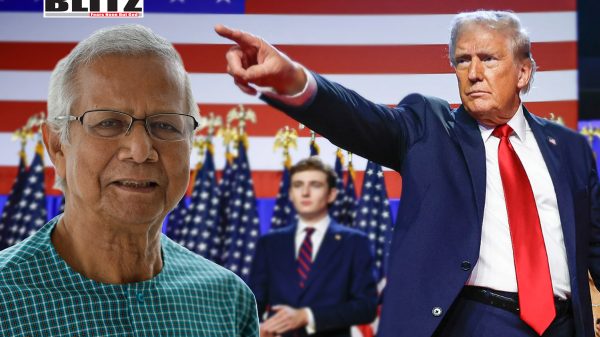
In a stunning turn of events, Donald Trump has made history by securing victory in his bid for a second term, becoming the 47th president in over 130 years of American history. This comeback speaks volumes about his resilience and commitment, as he faced immense legal challenges from political rivals.
True to his word when leaving the White House, “We will come back again”, Trump’s determination to return and reshape American policies has come to fruition. His second term is poised to bring a more aggressive, hard line stance, both domestically and internationally, especially toward those he perceives as adversaries. This shift in American politics under a Trump presidency may have considerable implications globally.
Bangladesh, in particular, may feel the ripple effects, especially for Dr. Muhammad Yunus. Known for his connections with the Democratic Party and the Clintons. Dr. Yunus may find himself on unsteady ground in a Republican-led United States.
Dr. Yunus has a history of involvement with the “Clinton Global Initiative (CGI)”, Clinton Foundation and close ties with Democratic Party leaders, which has raised diplomatic eyebrows. When he represented himself and student coordinators at that stage of a program organized by CGI,being applauded by Bill Clinton – it was a loud and clear message for the Republican Party and President Donald Trump about his extreme intimacy with Clintons and exposed bias towards the Democrats. This actually was a political blunder and in diplomacy, maintaining political neutrality, especially for an individual like Dr. Yunus, is vital, yet his associations with the Clintons and the Democratic establishment have left him in a delicate position. The Republican perspective, especially that of Trump, is unlikely to overlook this background.
For instance, Nobel Laureate and politician Aung San Suu Kyi faced abandonment from President Joe Biden’s administration due to her association with the Republican Party. Given the precedents, Dr. Yunus might face similar challenges under a Trump-led administration. Additionally, Yunus’s press wing recently issued a statement in response to a social media post by Trump – on the occasion of Diwali, adopting an undiplomatic tone that could be seen as dismissive. In diplomacy, such reactions matter, and they tend to linger. This might further complicate Yunus’s standing in Washington and, by extension, his influence within Bangladesh.
In various analyses, I have consistently forecasted Trump’s return and predicted the impact of his re-election on Bangladesh. Trump’s comeback, and the heightened political and diplomatic blunders by Dr. Yunus’s government, may have lasting consequences. Bangladesh, tied closely to the Democratic Party due to Yunus’s affiliations, might become a focus of early-stage sanctions or visa restrictions under Trump if Yunus remains in power. For Bangladesh, a pragmatic balance in relations with the U.S. is essential, regardless of the party in power.
Yunus’s involvement with one party more than the other risks alienating the country from a future Republican administration. The diplomatic missteps and overly Democratic Party’s alignment could potentially make Yunus more of a liability for Bangladesh, as the new administration may not favor leaders with strong ties to their political adversaries. As Trump’s policies towards Bangladesh and Asia develop, this alignment may come at a cost, which I have warned of in my past analyses.
In Bangladesh, certain political commentators and so-called experts have maintained a different outlook on the Trump-Yunus dynamic. Figures like Zillur Rahman – a TV program anchor, for instance, have repeatedly claimed that Trump’s return to office would not impact US policy toward Yunus administration, arguing as though he were an insider of Biden’s policymaking team. However, this perspective fails to consider the potential for shifts under a Trump administration, particularly when it comes to Yunus’s alignment with the Democratic Party.
Yunus’s political adventures and the diplomatic stances he has taken, especially his official response to Trump’s Diwali greetings, may have been misjudged as an election stunt rather than a legitimate communication. Responding to such posts, especially when it’s unclear whether they are campaign tactics or policy hints, can be precarious in the high-stakes world of diplomacy. Furthermore, Zillur Rahman’s close relationship with officials like Donald Lu, who has managed aspects of US-Bangladesh relations, might not hold as much significance if Trump chooses to reconfigure the administration, possibly dismissing figures aligned with the previous administration.
Bangladesh needs to be wary of relying on these assessments, as the political landscape in Washington could shift considerably, especially if Yunus remains at the helm.
A crucial factor in the developing dynamics between the Trump administration and Bangladesh is India. Indian Prime Minister Narendra Modi was among the first world leaders to congratulate Trump on his victory, underscoring the rapport and ideological alignment between the two. Trump and Modi share a similar approach on various fronts, including their shared skepticism towards Muslim-majority countries and their alignment on Indo-Pacific strategies aimed at containing China. With Trump’s Indo-Pacific strategy gaining renewed focus, India is set to play a more central role, likely working to strengthen the alliance against China’s influence in the region.
For Bangladesh, this could mean added pressure from both the U.S. and India, especially if Modi’s government or its Hindutva lobbyists seek to influence the political landscape of Bangladesh. Modi and his nationalist allies may find a renewed interest in weakening leaders and influences within Bangladesh who are viewed as unaligned or adversarial to Indian interests. Yunus, given his ties to the Democratic Party and the Clintons, may become a target for Modi’s Hindutva lobbyists, who could view him as an obstacle to their vision for South Asia. Consequently, Bangladesh may face increased challenges in managing its regional alliances, especially if Modi’s influence strengthens within Trump’s strategic Indo-Pacific framework.
The return of Donald Trump to the White House brings a new set of challenges for Bangladesh, particularly for figures like Dr. Muhammad Yunus. As Trump embarks on a more assertive foreign policy trajectory, Yunus’s close ties with the Democratic Party could become a point of contention, potentially leading to repercussions for Bangladesh’s diplomatic standing. Bangladesh must carefully navigate these shifting dynamics to avoid becoming entangled in partisan affiliations that could compromise its position in the global arena. With the Modi factor adding further complexity, the pressure on Yunus and his government is likely to increase, compelling them to reassess their diplomatic strategies. In this new era, Bangladesh may have to prioritize a more balanced foreign policy approach to sustain stability and protect its national interests.


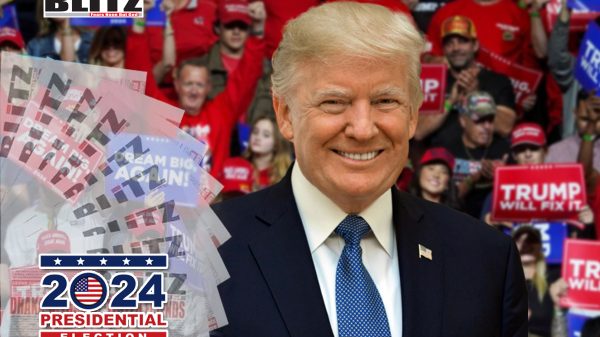
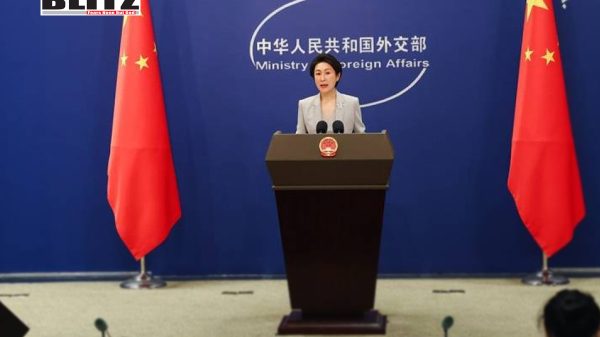
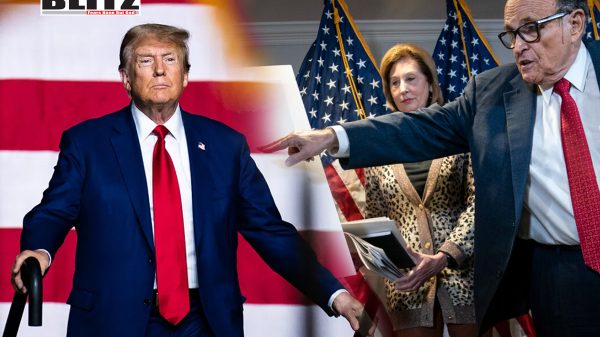
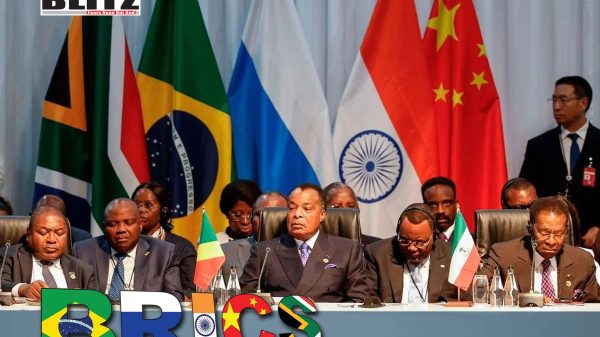
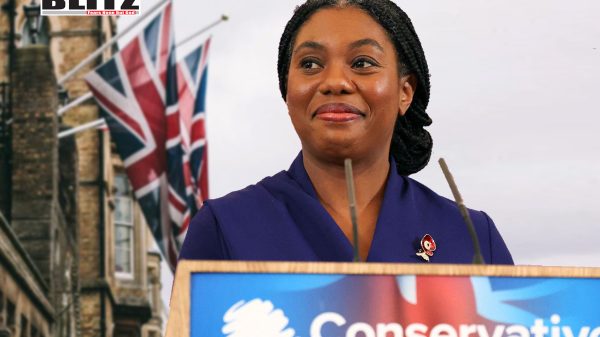

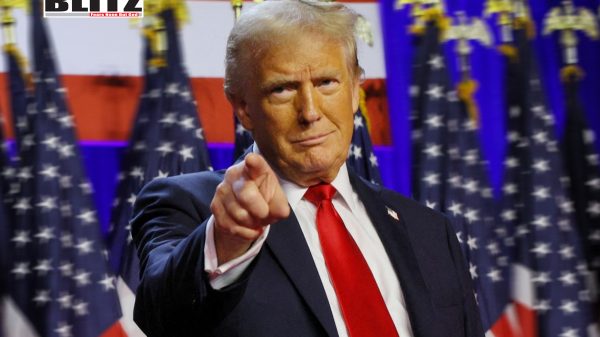
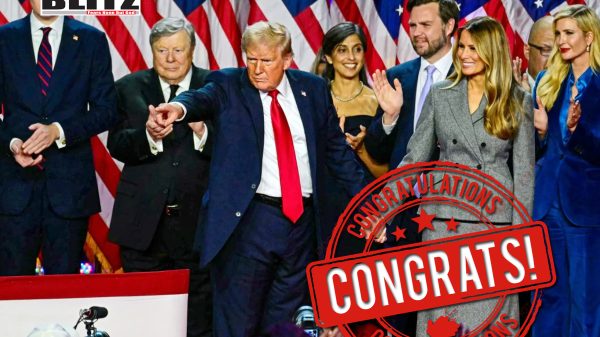

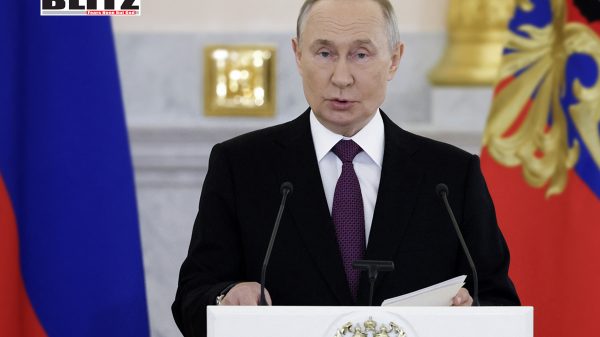
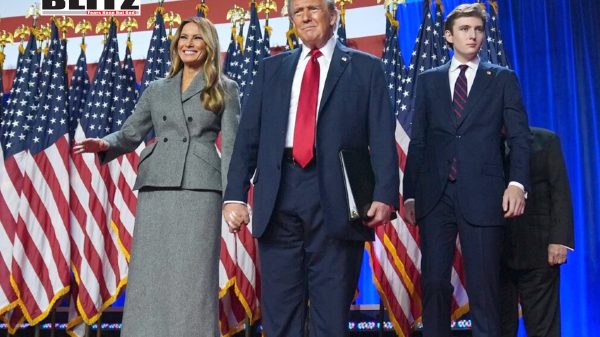

Leave a Reply